Former FTX CEO Sam Bankman-Fried’s bid for a new trial appears to be faltering after a tense hearing before the U.S. Court of Appeals for the Second Circuit in Manhattan. During the session, judges pressed his attorney, Alexandra Shapiro, over claims that his original trial was “fundamentally unfair.” Shapiro argued that Bankman-Fried was blocked from presenting evidence proving FTX’s solvency at the time of its 2022 collapse and from fully explaining his reliance on legal counsel.
The defense maintains that because FTX creditors are now being repaid through asset sales, there was no actual theft. However, Circuit Judge Maria Araújo Kahn countered that the case centered on liquidity, not solvency—highlighting that FTX customers were unable to withdraw funds when promised. Judge Eunice Lee also questioned how later financial recoveries could prove Bankman-Fried’s innocence, emphasizing that fraud can exist regardless of eventual financial restitution, citing the Supreme Court’s Kousisis v. United States decision.
Shapiro further argued that Bankman-Fried’s actions were guided by legal advice, but the court challenged her claim since he did not formally invoke an “advice-of-counsel” defense. Judge Barrington Parker dismissed the notion that attorney involvement absolved him, noting that such testimony would not likely have changed the verdict.
Assistant U.S. Attorney Nathan Rehn defended the trial’s fairness, citing overwhelming evidence of deliberate fraud. He argued that even if errors occurred, they were “harmless beyond a reasonable doubt,” as multiple insiders testified that Bankman-Fried knowingly misappropriated customer funds.
The appellate judges did not issue an immediate ruling, and decisions in such cases can take months. Despite his defense’s efforts, Bankman-Fried’s path to overturning his conviction—and 25-year sentence—appears increasingly narrow.






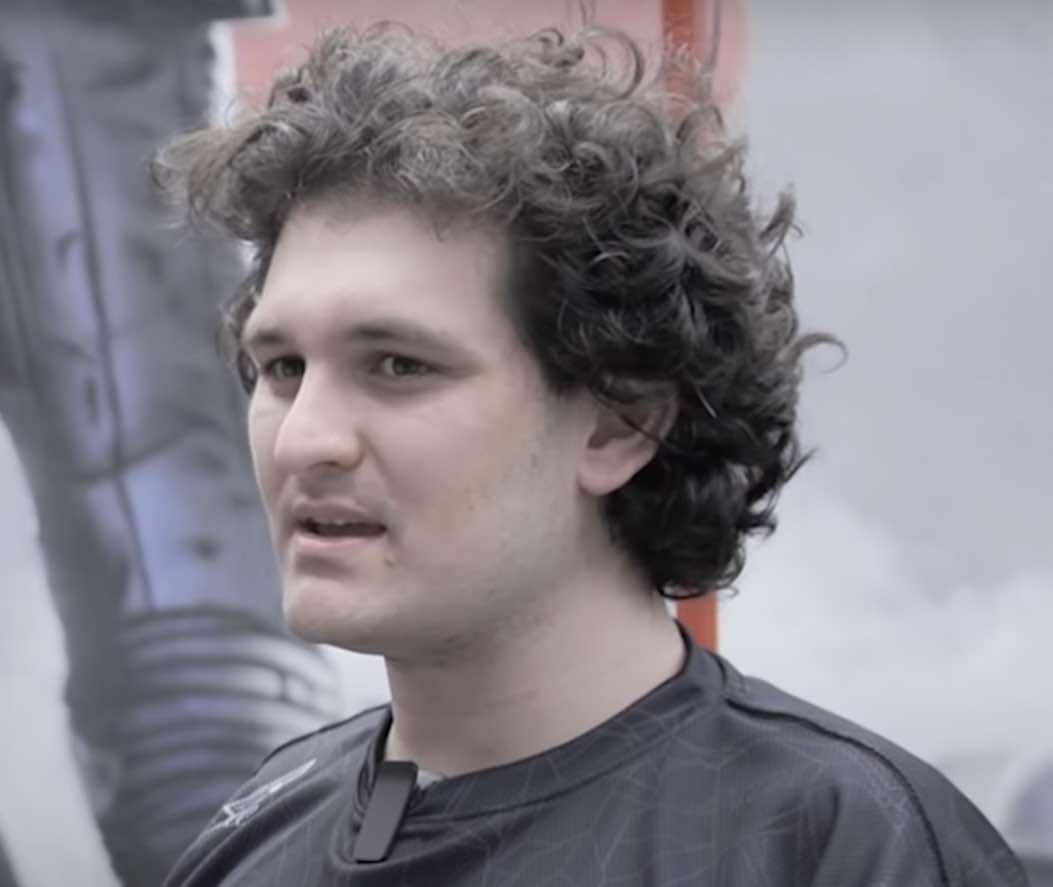
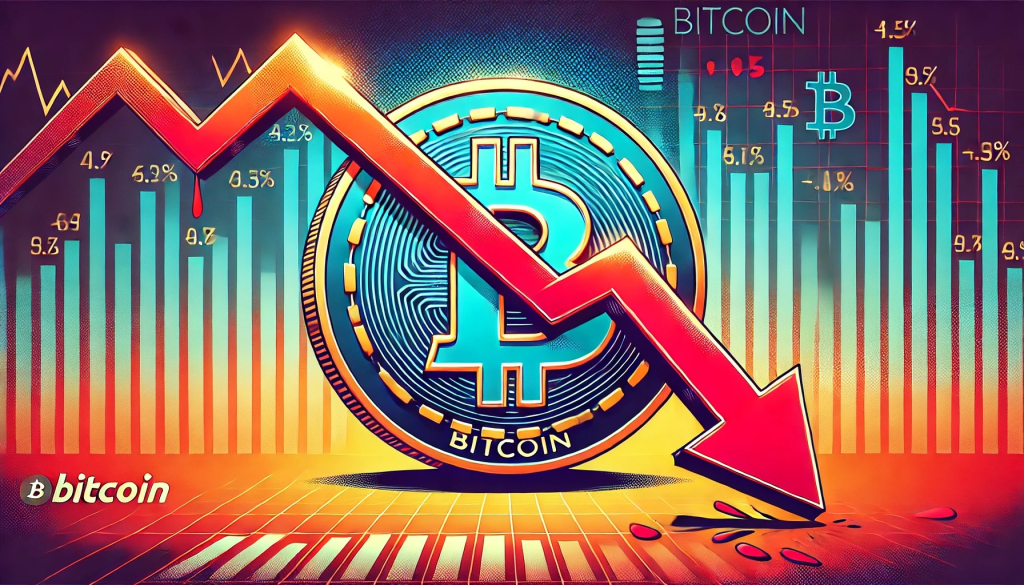

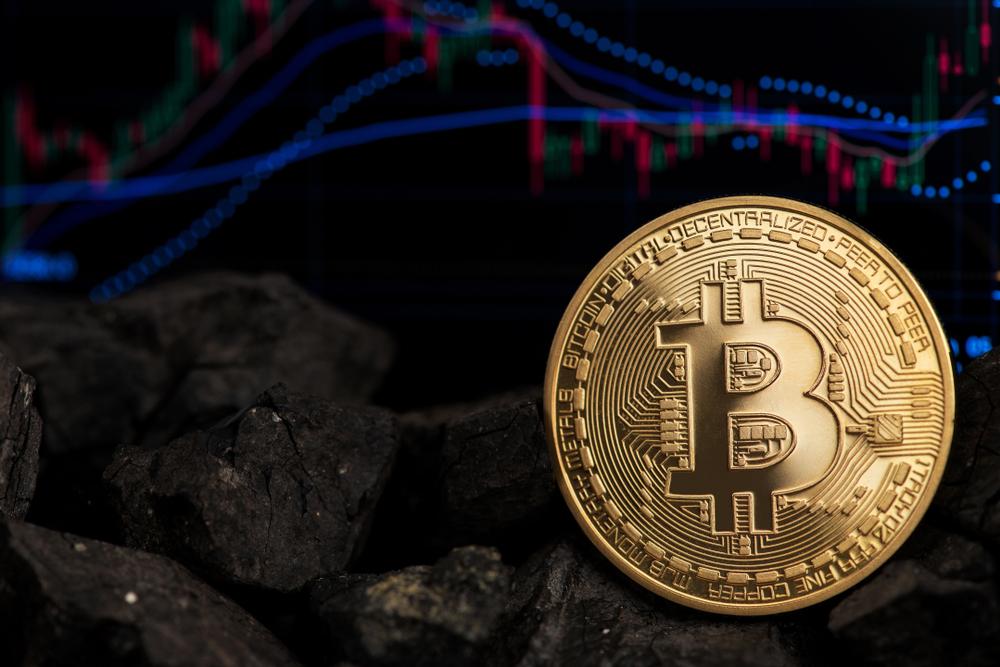

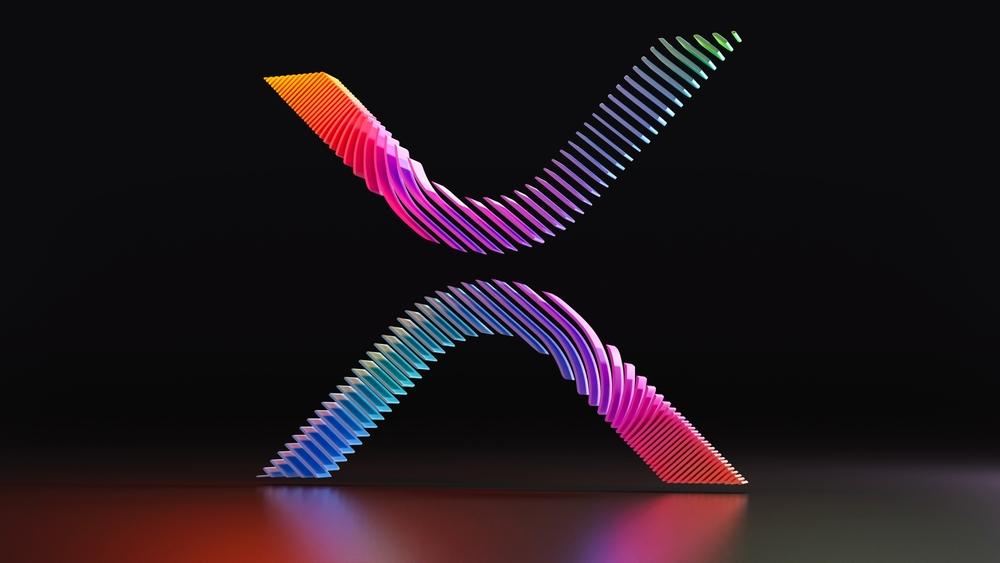








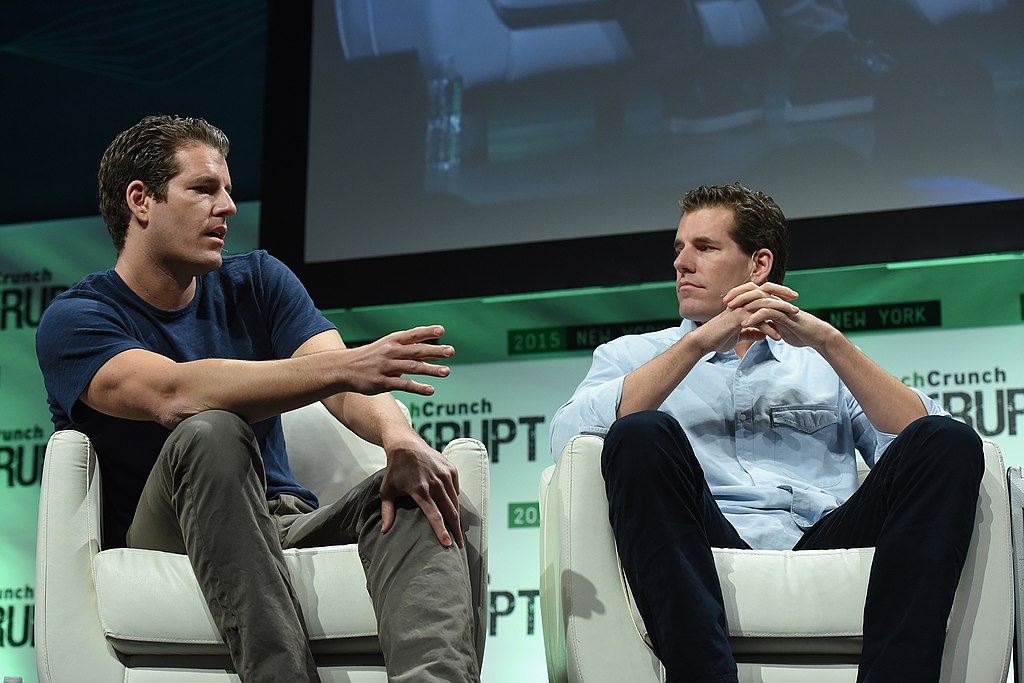


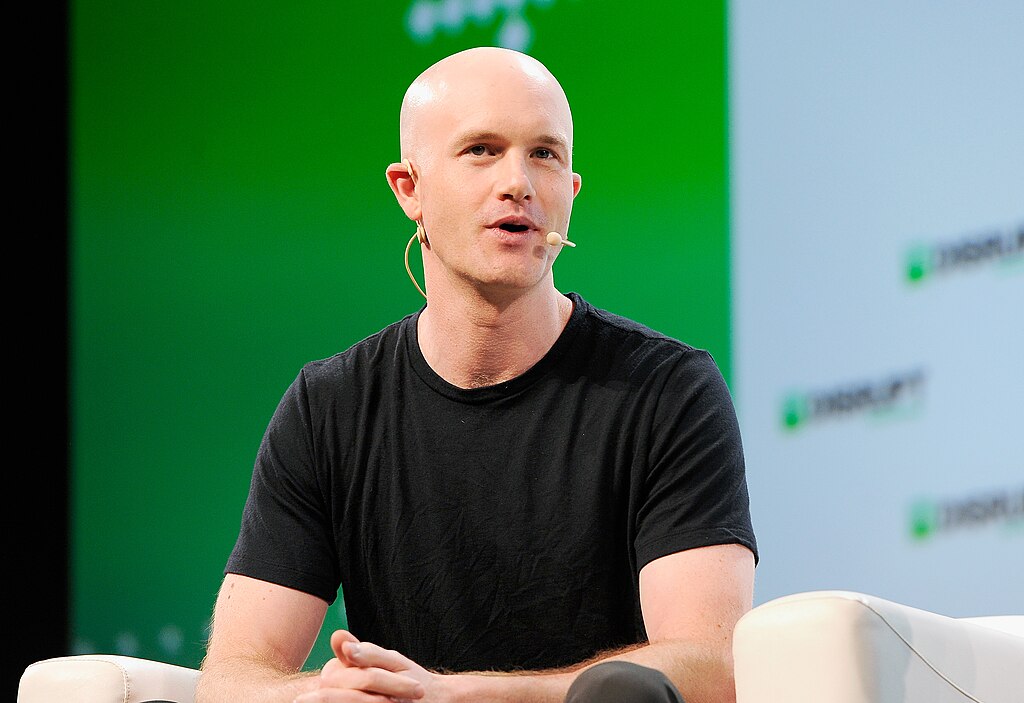
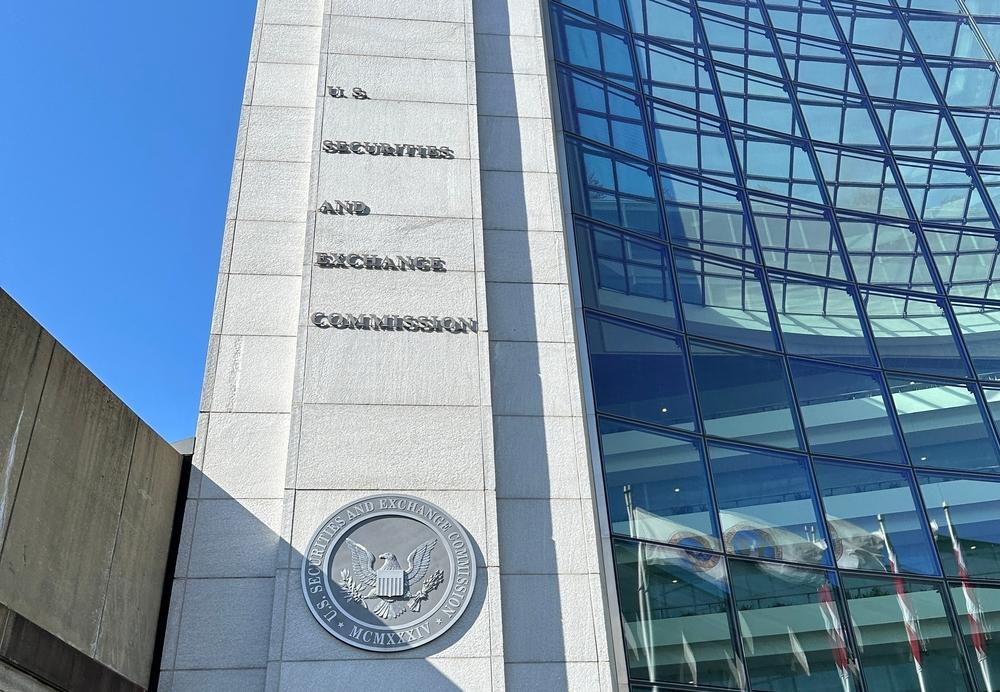


Comment 0